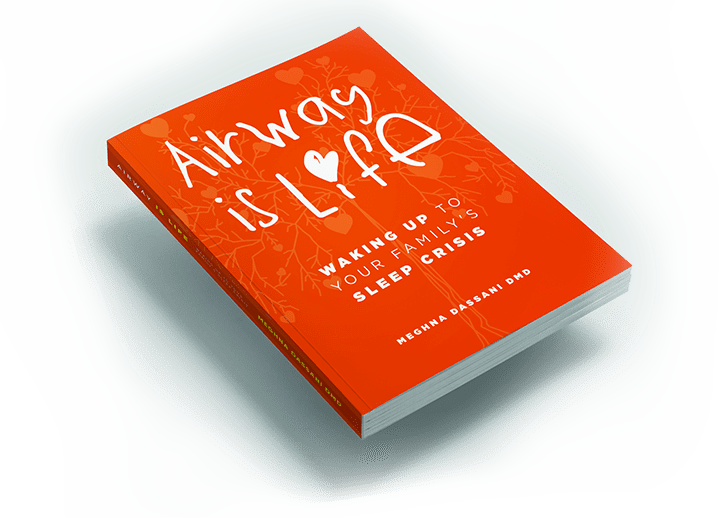Setting the record straight – What insomnia is and what it isn’t
Insomnia is one of the most common sleep disorders. It affects an estimated 30-50% of adults in the United States. But what is insomnia exactly? And what are the different types?
Insomnia is a sleep disorder that causes problems falling asleep, staying asleep, or getting restful sleep. A variety of factors can cause insomnia. These factors include stress, anxiety, certain medications, and health conditions, like heart disease or depression.
What are the different types of insomnia?
There are several types of insomnia:
Acute or adjustment insomnia
This is the most common type of insomnia. It lasts a few days to a few weeks and is brought on by a stressful event, such as job loss or a death in the family.
Chronic insomnia
Chronic insomnia lasts longer. It occurs when you have difficulty sleeping three or more times a week for at least one month. There are two types of chronic insomnia: primary (or idiopathic) and secondary (or comorbid).
Primary insomnia has no obvious cause whereas secondary insomnia occurs because of another condition or factor. Conditions or factors that may cause secondary insomnia include…
- Diabetes
- Parkinson’s disease
- Hyperthyroidism
- Sleep apnea
- Depression
- Anxiety
- ADHD
- Chemotherapy drugs
- Antidepressants
- Beta-blockers
- Caffeine
- Nicotine
- Alcohol
- Frequent jet lag
- Rotating shift work
- Napping
Onset insomnia
This type of insomnia can be short-term or chronic. It occurs when you have trouble falling asleep (taking thirty minutes or longer). Mental health issues, like stress, anxiety, and depression, are the most common causes. Onset insomnia is often paired with either restless leg syndrome or periodic limb movement disorder.
Maintenance insomnia
Maintenance insomnia happens when you have trouble staying asleep or you wake up too early and can’t fall back asleep. Maintenance insomnia is often caused by mental health issues, like stress, anxiety, or depression. It can also be caused by a medical condition, such as…
- Sleep apnea
- Asthma
- Gastroesophogeal reflux disease
- Restless leg syndrome
- Periodic limb movement disorder
What insomnia isn’t
Insomnia isn’t having a few nights of poor sleep here and there. Everyone experiences poor sleep now and again. And sometimes, the term “insomnia” is thrown around more colloquially. But for insomnia to be a clinical disorder, certain criteria have to be met.
These criteria include…
- Having trouble initiating asleep (usually taking thirty minutes or more) and staying asleep
- The issue with initiating asleep or staying asleep happens three or more times a week
- The sleep issue negatively impacts daily functioning – for example, you might experience daytime fatigue or irritability, have trouble focusing, miss school or work, or avoid activities
As mentioned before, insomnia can be acute or chronic. Acute insomnia has been going on for less than three months, whereas chronic insomnia has been going on for longer than three months.
If you believe you have insomnia and it’s negatively affecting your life, talk to your doctor. Treatment options are available.
How to treat insomnia
Behavioral therapy
Behavioral therapy is one of the most common insomnia treatments. This treatment focuses on changing negative or unhelpful behaviors that keep you awake at night. Negative behaviors include excessive screen time before bed and stressful thoughts and worries.
Behavioral therapy usually involves regular appointments with a therapist to help you identify and change your behaviors. Behavioral therapy often happens in combination with other treatment methods like relaxation exercises or sleep scheduling.
Cognitive therapy
Cognitive therapy is another common approach to treating insomnia. This type of therapy focuses on identifying and changing thoughts associated with your sleep problems.
For example, if you have negative thoughts about falling asleep, a cognitive therapist may help you identify these thoughts and confront them. This type of therapy can be beneficial if problems with stress or anxiety contribute to your insomnia.
Medications
Certain medications may be prescribed to treat insomnia as well. These may include prescription sleep aids, such as benzodiazepines or non-benzodiazepine hypnotics.
You should always consult with a doctor before taking any type of medication for insomnia. These drugs can sometimes have side effects and or be habit-forming if used for long periods.
Lifestyle changes
Finally, lifestyle changes that can help with insomnia include…
- Getting regular exercise
- Limiting caffeine and alcohol use
- Practicing relaxation techniques, like deep breathing or meditation
You can reduce your insomnia symptoms and get the rest you need by making simple changes to your daily routine and incorporating a few of these treatment methods.
If you are struggling with insomnia and want to find a treatment that works for you, consult your doctor or a therapist to discuss your options.
Dr. Meghna Dassani has practiced dentistry for over two decades and is passionate about the role dentists play in whole-body health. You can learn more at her website: MeghnaDassani.com.
Healthy Sleep Revolution Podcast
Snoring? Tired all day? Trouble focusing?
So many think these symptoms are common in kids and adults when tired. Join us as we debunk some of these common myths and put the spotlight on Sleep Apnea. Discover what constitutes healthy sleep and how we can help ourselves and our kids get the best sleep ever.


